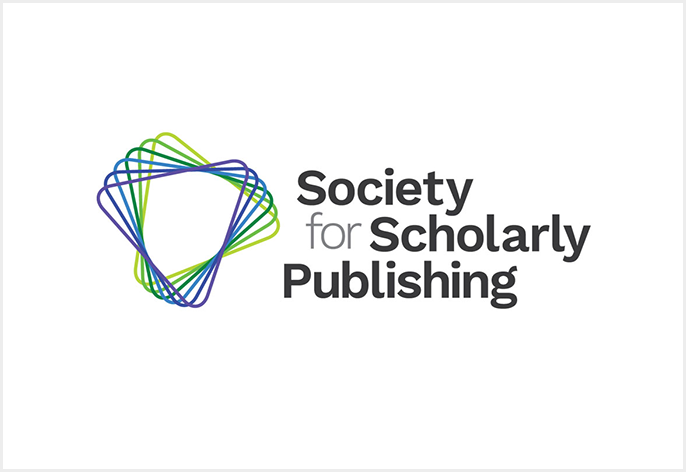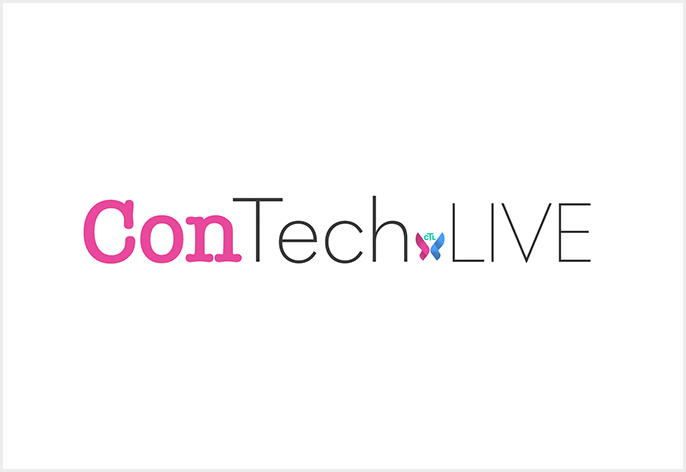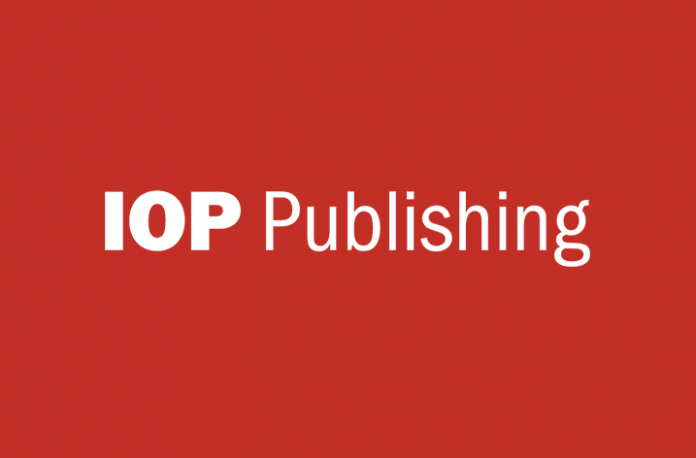Clarivate Plc (NYSE: CLVT), a global leader in providing trusted information and insights to accelerate the pace of innovation, has today awarded the Eugene Garfield Award for Innovation in Citation Analysis to the late Dr. Saeed Ul Hassan, senior lecturer in AI/Data Science at Manchester Metropolitan University. The award was announced at the 26th International Conference on Science, Technology and Innovation Indicators (STI 2022) by Dr. Gali Halevi, Director of the Institute for Scientific Information (ISI)™ at Clarivate.
Dr. Ul Hassan’s winning proposal was to develop an automated, freely available online tool that would both simplify and summarize text from scientific literature, creating concise and easy-to-read abstracts. The judges felt that the proposal, titled Sustainable & Effective Science Communication: Making Science Accessible for the Public by Generating Simplified Summaries of Scientific Publications, presented an important topic that touches on the real-world challenge of making scientific papers approachable and accessible to the public.
Sadly, Dr. Ul Hassan passed away suddenly before he could be informed of his success.
Dr. Gali Halevi, Director at the Institute for Scientific Information, Clarivate said: “Dr. Ul Hassan’s research and planned online tool could ensure a significant reduction in scientific misinformation especially in times of global challenges such as pandemic, climate change, sustainability and more. This is exactly the kind of innovation we look to recognise with this award, and the judges felt that it was a great example of the kind of work the ISI has pioneered.
“We were shocked and saddened to hear that Dr. Ul Hassan, a rising star in the bibliometrics community, had passed away, and our thoughts are very much with his family, friends, colleagues and students. We know he was passionate about mentoring his students, and we hope that this award will be a small part of continuing his legacy.”
Prior to joining Manchester Metropolitan University, Dr. Ul Hassan spent six years at Information Technology University in Pakistan, where he was the Director of AI Lab and a faculty member. The $25,000 prize fund is being donated to ITU in recognition of his work there.
Dr. Ul Hassan published more than 50 papers in reputed international journals and conference proceedings, and was a lifetime volunteer of Pakistan Hemophilia Patient’s Welfare Society and technical lead of the National Patient Registry of people with a bleeding disorder in Pakistan.
Launched in 2017, the Eugene Garfield Award for Innovation in Citation Analysis recognizes early-career scientists developing innovative approaches to citation analysis that improve how the impact of scientific research is measured. This field of study, also known as scientometrics, was pioneered by Dr. Eugene Garfield, founder of the Institute for Scientific Information.
The ISI focuses on the development of existing and new scientometric approaches. Scientometrics shapes the future of scientific discovery by helping governments, funding bodies and universities assess the impact of their work and investments, enabling them to allocate funding accordingly. It can also provide researchers with insights regarding the impact of their research, and the wider field.































